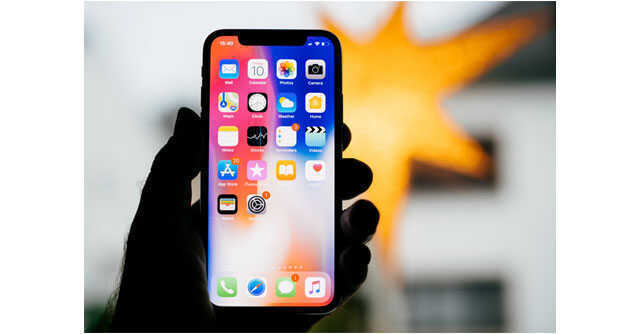
Apple gives devs more pricing choices amid ongoing commission debacles


iPhone maker Apple on Tuesday announced what it said was the biggest upgrade to how apps on its App Store are priced, since the App Store was first launched over 14 years ago. The so-called upgrade adds more levels or brackets at which a developer can choose to price an app at. It will also allow developers to select a primary country where their app is sold at, and have their app prices adjust automatically based on foreign exchange rates across other markets.
According to Apple, developers will also be able to price their apps completely differently in different markets. For instance, an app that costs ₹100 in India can be priced at ₹2,000 in a different market, which Apple said its new price points for paid apps will enable from next year. The company further claimed that while it previously offered around 200 price points at which a developer could price their app at, these points have now been expanded to around 900 price points.
Changes to the denominations in how apps are priced at will affect those offering subscriptions first, and will be reflected immediately. Apps that charge one-time or in-app purchases will be able to use the new pricing models from ‘Spring 2023’.

To be sure, Apple’s move to add more price points for paid apps on the App Store does not affect the commission it charges developers for paid apps and subscriptions on its store. The Cupertino firm charges up to 30% of a paid app’s fee as commissions, depending on a developer’s total earnings from the App Store.
Apple has so far defended its stance in numerous markets, including the US and EU, by stating that it requires this fee for delivering a significantly better service through the App Store — which includes filtering of malware. Notably, in a 2019 hearing during Apple’s court battle in North California, Craig Federighi, Apple’s de facto software chief, threw its own desktop operating system, macOS, under the bus — by highlighting that allowing users to download software from third party sources caused Apple’s Mac line of computers to have malware issues that Apple did not find “acceptable”.
In India, Apple is under investigation with the Competition Commission of India (CCI) over the same issue. While a verdict on the matter is expected in the coming months, industry experts told Mint last month that the iPhone maker may not face the same verdict as Google’s ₹2,337 crore fine from the CCI — by virtue of Apple’s iOS being a ‘non licensable software platform’.

Apple, however, has continued to face criticism in this regard, with the most recent notable opposing voices against its App Store policies being popular crypto platform Coinbase, and Tesla, SpaceX and Twitter chief, Elon Musk.
Coinbase alleged “oversight” on Apple’s behalf for blocking NFT transactions on the platform, stating that since Apple’s platform is not compatible with cryptocurrencies, Coinbase could not comply with the former’s policies even if they wanted to.
Musk, meanwhile, has accused Apple of predatory actions with its policies, claiming that the company had even threatened to take Twitter off the App Store. However, neither party divulged more details regarding the allegation.

